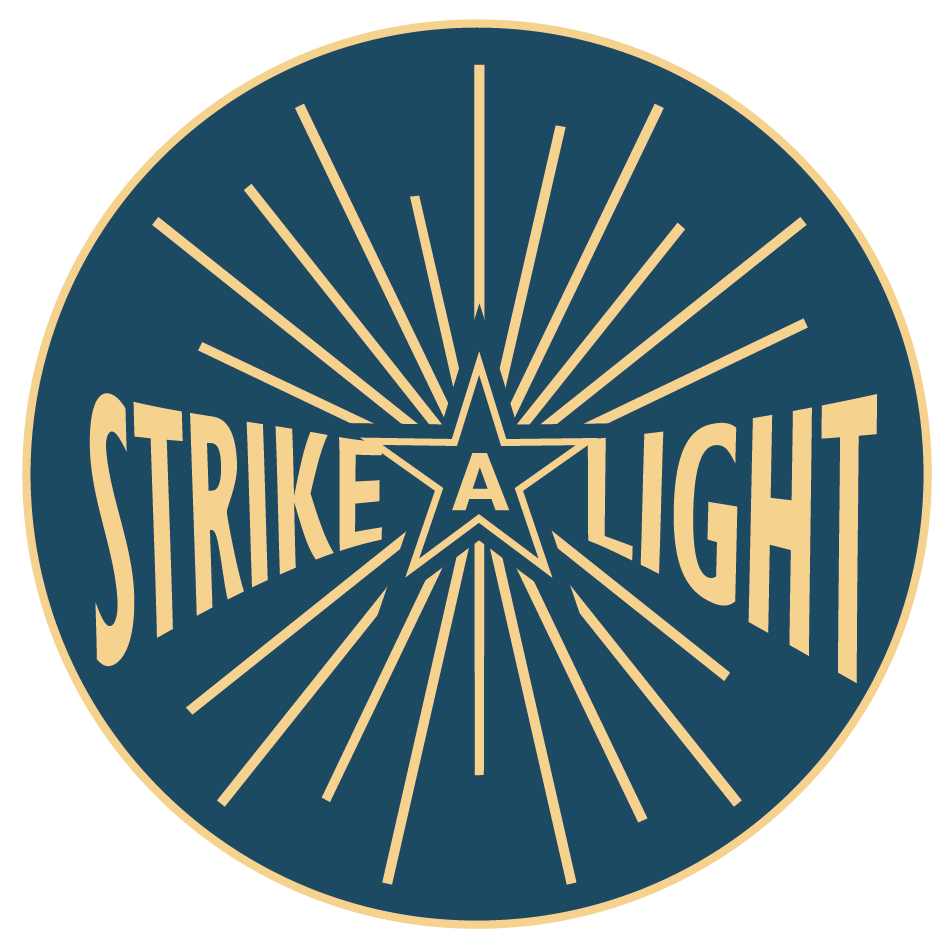Strike a Light – Arts & Heritage is pleased to partner once more with the University of Brighton’s Centre for Memory, Narratives and Histories to deliver a new series of workshops, training, schools activities, public talks and webinars on key themes around the 1921 census.

Between April – July 2022, we will be offering these free activities to explored the themes and changes from this 1921 census which is now publicly available. We will look at up to date resources and new research in a series of open, free workshops looking at topics such as housing, health, work and family and shared skills for researching houses and family history.
Visit our event page to find out more!
Using Find My Past, the National Archives and other more regional archives such as The Keep and West Sussex Record Office, through this project, we will explore hidden histories from the census from 100 years ago.
The 1921 Census is the largest ever census release, since its inception in England. On 19 June 1921, close to 38 million individuals in England and Wales completed a census return. This unique snapshot lets us step back 100 years and witness up close a key moment in the lives of those who had survived the First World War, and who were embarking on a new decade.
This project examines digitised historical census data to track changing patterns in gender, disability, socio-economic background, race and ethnicity between 1901 and 1921, which are then linked to contemporary issues in health, housing, employment and education.

We will engage with local Sussex schools, disability charities and related organisations to offer these sessions during the project as well as public online webinars to share and understand how life was for many in the 1920s. We will be releasing more details of this project, and ways to engage with it soon.
The project works in collaboration with the University of Brighton’s Widening Participation Team, as well as partnering with key community organisations that have a specific focus on marginal and isolated groups. The project makes creative use of historical census data to address current debates and policies around diversity, identity and inclusion.

The 1921 is Census is particularly important, as it will be the last census publication for some years to come – the 1931 Census of England and Wales was destroyed in a fire at the Office of Works in 1942, the 1941 Census was never taken due to the outbreak of the Second World War, and the 1951 Census is not due to be released until 2052.

Capturing more information than previous censuses
The 1921 Census provides greater detail than any of the previous censuses, asking additional questions about marital status, employment and education.
- Divorce: The 1921 Census is the first census to list ‘divorced’ as an option for marital status; divorce rates had risen dramatically during and immediately after the First World War.
- Occupation and employment: Compared with previous censuses, the questions about employment in the 1921 Census were more detailed. People were asked to state their ‘Profession, Trade, or Service’ (the equivalent of their modern day ’job title’ as before), but also to give the name of their employer and details of their place of work. This means that for the first time a census showed who people worked with. This gives a brilliant insight into the role that employers played in their communities on both a local and national scale, as well as providing a more detailed picture of different occupation types.
- Children: Unlike earlier censuses, the 1921 Census asked for the exact age of children (in both years and months). And following the introduction of the 1918 Education Act, it also asked for the educational status of children aged 15 and younger for the first time.
Project activities
The project will include a number of activities, including:
- Content planning for community and schools: activity packs, design, materials, delivery planning (KS2)
- Schools’ engagement and delivery with census resources and activities – Hastings & Brighton (Facilitators, room hire and materials)
- 2 separate groups x 6 community scrapbook online sessions at Hastings and St Leonards, with sessions at Southwater Community Centre and one other venue.
- 3 x online webinars on related subjects
- Delivery of Key Stage 2 digital resource to Sussex schools
- Updating and sharing Widening Participation heritage resources
- Panel discussion event with British Polio Fellowship, Diversity & Ability and an Access Facilitator alongside other groups and individuals to explore:
- Representations of disability history
- Positive aspects of disability
- Diagnosis, adaptations, understanding, assimilation and education amongst others
- Led by access and inclusion support

This project has been funded by Centre for Memory, Narrative and Research, University of Brighton

A project partnership with Strike a Light – Arts & Heritage and University of Brighton

